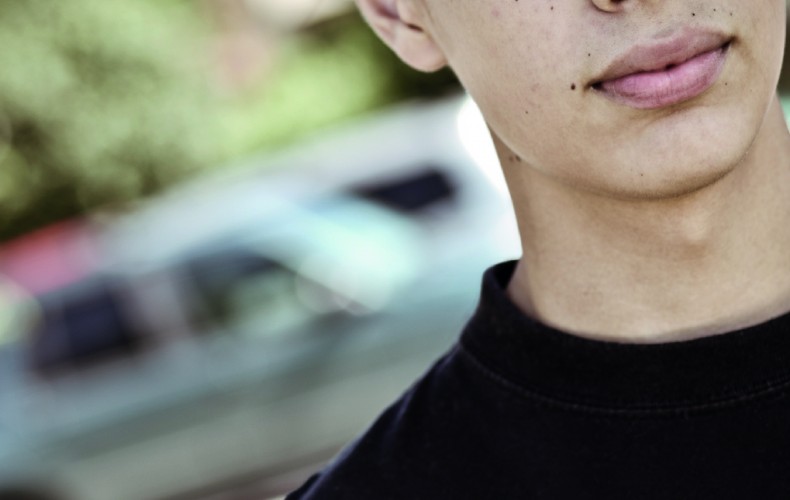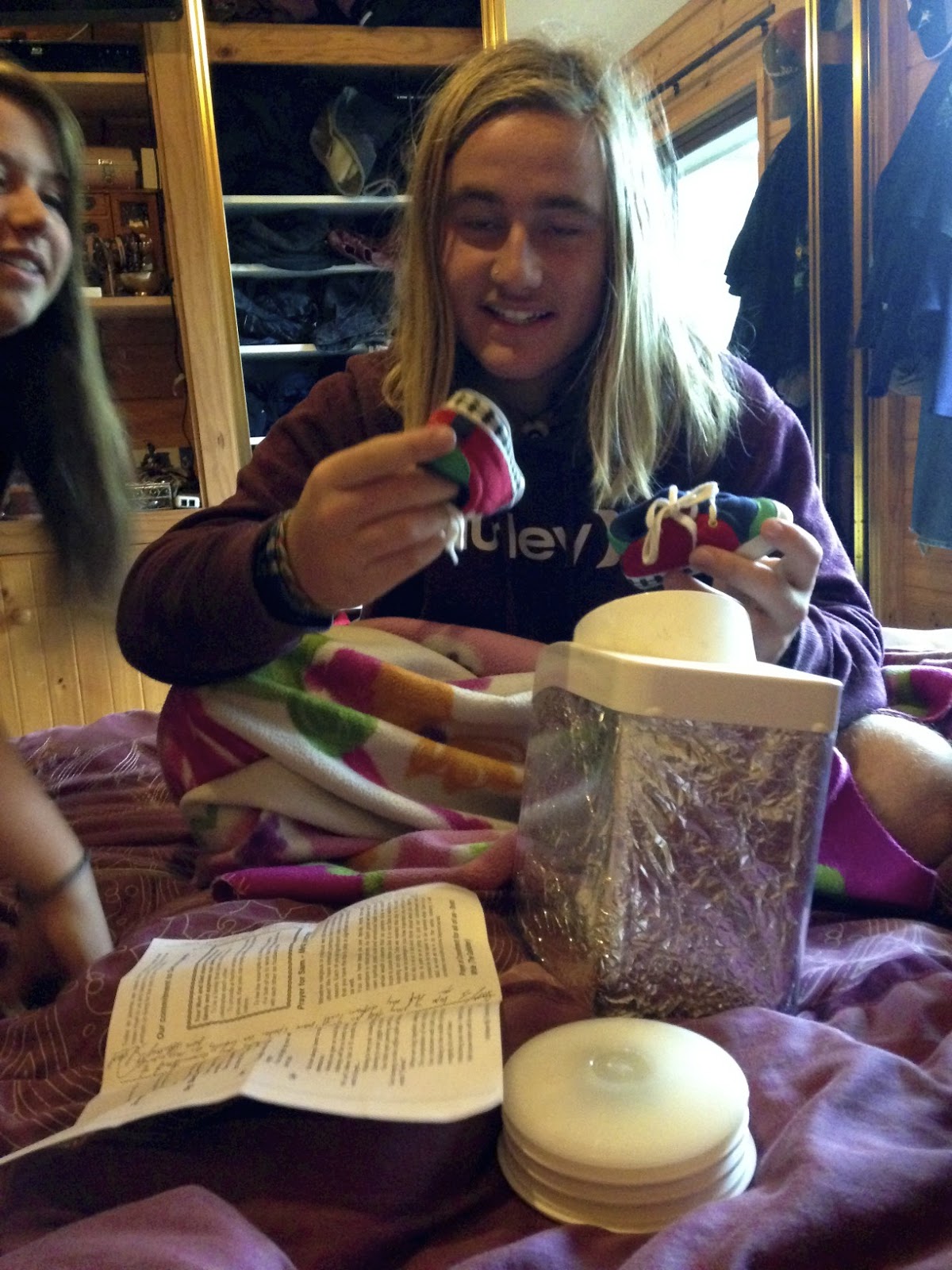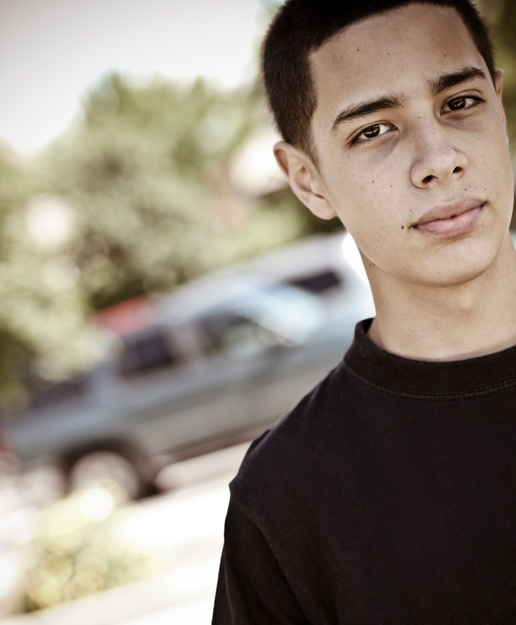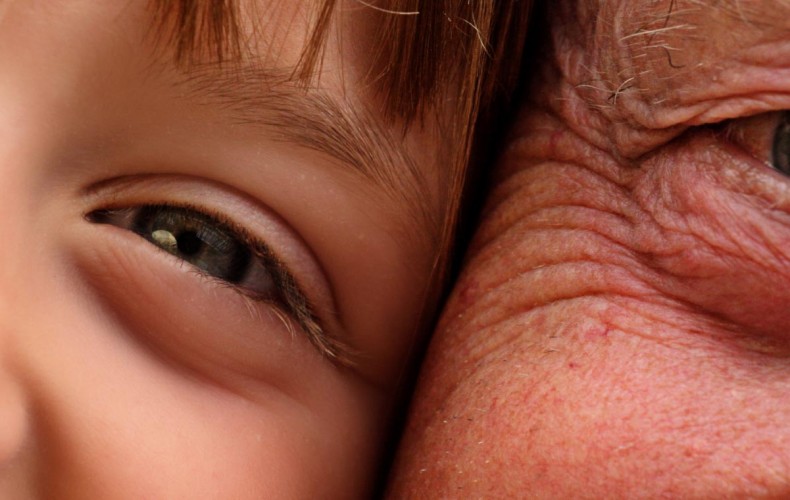Little did I know how powerful this experience was going to be for so many. How unprepared was I for what God was going to teach us all about His love and protection just through 4 little sheep
Just recently, on a camp I was running with kids, we were teaching about how Jesus is our shepherd and that He knows us by name. John 10 speaks about how the sheep know the shepherd’s voice and follow Him. Well, I thought what better way to teach them this than with real sheep. Little did I know how powerful this experience was going to be for so many. How unprepared was I for what God was going to teach us all about His love and protection just through 4 little sheep. So, we made a pen, got some sheep for the week and began to dream about how we could bring this teaching alive for the children throughout the week.
The passage speaks about the Shepherd caring for the sheep, knowing their names, protecting them when trouble hits and the difference between the hired hand and the real shepherd. We unpacked this each day at camp by setting up situations and challenges for each of these aspects of the teaching.
To begin with, the kids were very excited when they got there to see the sheep and we began by setting up a competition to name the sheep. The top 4 names would win and this began our growing affection for the sheep. The kids were able to feed the sheep from the outside to begin with, which was difficult at first, because when they came to us, the sheep didn’t trust us and they were very scared in their new surroundings. There was certainly no trust at this time and no one could get close to them.
We talked of watching over the sheep and protecting them from those who wanted to steal or hurt them. Being surrounded by nature and bush, we knew that there were foxes around our area, and so we talked of needing to have “shepherds of the night” so the sheep were being watched all the time and therefore would be kept safe. This meant that cabins of kids could apply to be the “shepherds of the night”, which entailed camping out in tents, keeping the fire going (stocked with marshmallows of course for cooking over the fire) and keeping watch over the sheep throughout the night. I was surprised how many cabins wanted to do this, more than the nights we had at camp, so it became quite a special experience if your cabin was nominated. They had to get the campfire started, then got to sit around and sing, tell stories, bond, eat roasted marshmallows and occasionally check the sheep. They took shifts throughout the night and when I came out each morning about 6.00am to see them there was always someone sitting out near the stoked fire, enjoying the heat and keeping watch. The stories, the bonding, the chance to talk about the commitment of the Shepherd to watch over the sheep, the sacrifice, the loss of creature comforts of a warm comfortable bed, as many nights at this camp were cold and raining, were all great things that they ACTUALLY experienced.

There were times when the kids wanted to go back to their cabins. They had had their marshmallows, a bit of fun, and it was time to go back. The fun had worn off…but no…they learned the hard way, that it was not just all fun and games. There were mornings where they crawled out of dripping tents with wet mattresses … all great opportunities for great experiential learning. All said they were glad they did it, but were not keen to do again. This showed the love of the shepherd, to do whatever it takes to know his sheep were safe, not just one night but all the time. For some of these kids it was the first time ever to camp out, make a fire, stay up late and sing around the camp fire. For most it was the highlight of camp.
In the middle of camp, while the kids were at an activity, the sheep were stolen (all set up of course). The kids came back to find their leaders in the pen with a ransom note saying “Unless you do exactly what we say, you will never see your sheep again”. The kids’ reactions were priceless. They were straight into action, freeing their leaders and then setting off through a series of challenges to finally find the rustlers with the sheep on the other side of the campsite. When they found them, the rustlers begged for forgiveness, realising they had done the wrong thing and the kids (with encouragement) invited them back to our campfire dinner that night to celebrate that our lost sheep were found. Again, the stories around the campfire that night were priceless. We got the kids to share what happened, and the some leaders shared around picnic rugs with a small group of children, what it meant for them to be lost and found by Jesus in their life. Needless to say those on “shepherd of the night” duty that night were particularly determined to make sure the sheep were safe.
Throughout the week as I was unpacking the biblical story, I used pictures of the kids I was taking to tell the story, so they were in it, a part of it, experiencing it and for all of us this story came to life in a very new way.
Each day the kids who were “Shepherds of the night,” got to go into the pen, corral the sheep into a corner and handle them and pat them. Each day this got easier and easier. I got to experience this more than any of them as the group was different each day. The kids on the last day didn’t even need to get in the pen. We rustled the bag, called them and they came to us and fed from our hands. This was very different from the beginning of the week, where the sheep were unsure and scared of us and didn’t trust us at all. What a transformation, which we talked about on the last day of camp. How much more does our Shepherd know us and love us. We like sheep, still weave and duck and run away. We are helpless and can get easily lost, but our shepherd will always come looking for us, will always care for us and knows each of us by name.
I believe this is an experience that many of our kids and team (and me) will never forget. I will never read that story the same way again. Like many camping experiences, it will go down as a PEAK EXPERIENCE for me and for many of the children at camp, one where they gained a DEEPER understanding of God’s love, grace, patience, and sacrifice.






